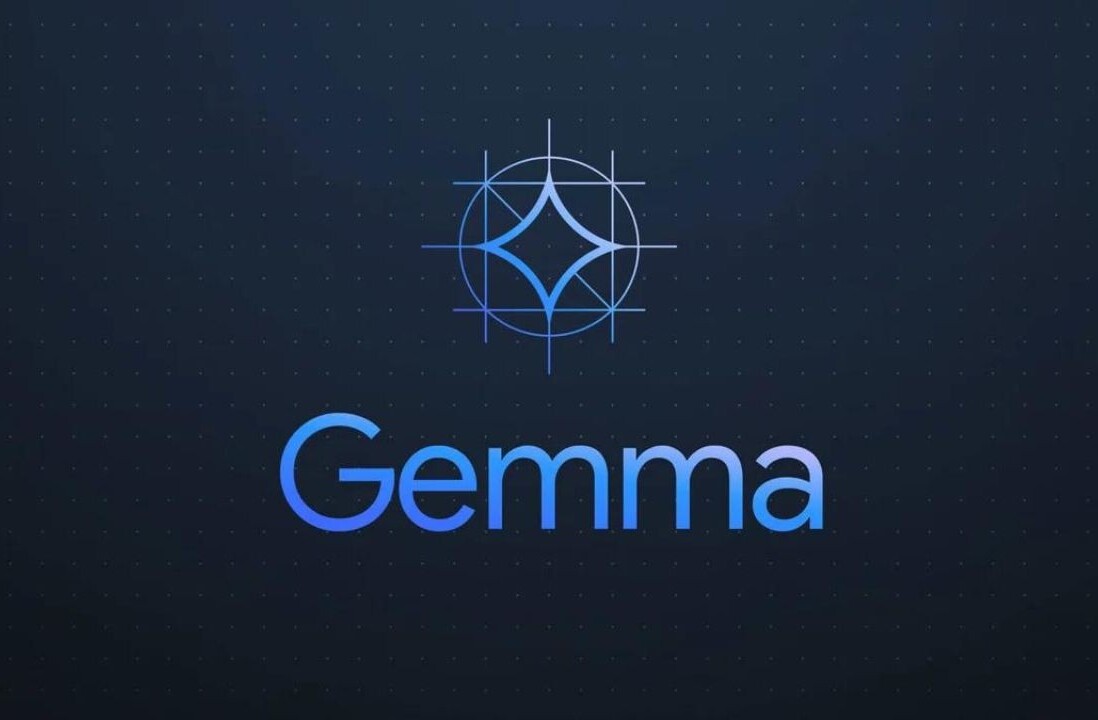
 Every once in a while we publish an interview with a start-up. We ask five questions, hoping the answers will give you inspiration and new views.
Every once in a while we publish an interview with a start-up. We ask five questions, hoping the answers will give you inspiration and new views.
This time we’re interviewing Shafqat from NewsCred. He works from Geneva, Switzerland. Together with his Sweden-based business partner Iraj, he founded a digital newspaper that aggregates hundreds of news sources. The Newscred community votes on the crediblity of articles, authors and news sources. Iraj and Shafqat then apply their CredRank algorithms to ensure you only get the highest quality news from desired news sources. The quality is even higher than that from Google News or Yahoo News, the Swiss/Swedish company claims. I guess you can never aim high enough.
How did you come up with the idea of NewsCred?
 “The idea for NewsCred originated during many late-night, coffee-fueled debates over the future of newspapers and traditional media between my cofounder (Iraj) and myself. It was the summer of 2007, and we spent a lot of time in cafes and bars on the banks of Lake Geneva brainstorming our crazy ideas. It was clear to us that the media industry was broken, and it seemed like the entire news space was one of the few traditions that wasn’t yet disrupted by the latest web technologies. On top of that, every single person we spoke to told us that they were getting fed up of news that was biased or inaccurate or just not transparent. It seemed like a big enough problem to tackle, so we decided to give it a go!”
“The idea for NewsCred originated during many late-night, coffee-fueled debates over the future of newspapers and traditional media between my cofounder (Iraj) and myself. It was the summer of 2007, and we spent a lot of time in cafes and bars on the banks of Lake Geneva brainstorming our crazy ideas. It was clear to us that the media industry was broken, and it seemed like the entire news space was one of the few traditions that wasn’t yet disrupted by the latest web technologies. On top of that, every single person we spoke to told us that they were getting fed up of news that was biased or inaccurate or just not transparent. It seemed like a big enough problem to tackle, so we decided to give it a go!”
What was your biggest challenge during the development process?
 “We are a truly distributed, international company. It sounds cool, but there are a lot of challenges involved. Iraj is based out of Stockholm, I’m in Geneva, and we have developers in Bangladesh. Having offshore developers is always going to a be a challenge, for many well-documented reasons (communication, time difference etc). But we were able to get around a lot of those because Iraj actually moved to Bangladesh for a while and camped out with our dev team to train them, motivate them, and ensure the communication was always flowing. I don’t think it would have been possible to build a company like this a few years back. But thanks to Skype, Google Docs, and some crazy working hours, we were able to pull it off. I certainly wouldn’t discourage distributed startups – it just requires discipline. And lots of red-bull to counter the effects of time difference.”
“We are a truly distributed, international company. It sounds cool, but there are a lot of challenges involved. Iraj is based out of Stockholm, I’m in Geneva, and we have developers in Bangladesh. Having offshore developers is always going to a be a challenge, for many well-documented reasons (communication, time difference etc). But we were able to get around a lot of those because Iraj actually moved to Bangladesh for a while and camped out with our dev team to train them, motivate them, and ensure the communication was always flowing. I don’t think it would have been possible to build a company like this a few years back. But thanks to Skype, Google Docs, and some crazy working hours, we were able to pull it off. I certainly wouldn’t discourage distributed startups – it just requires discipline. And lots of red-bull to counter the effects of time difference.”
Can you describe Geneva’s start-up culture compared to Silicon Valley?
 “Geneva has a small, but passionate entrepreneurial culture. We got lucky in a big way – Index Ventures is located in Geneva, and they host their weekly OpenCoffee events here. I was able to meet a lot of the Index guys informally and the relationships and feedback from that have been great. But let’s not kid ourselves. Geneva is not the next Silicon Valley by any means, but it does have other advantages: a great quality of life, it’s beautiful, people are relaxed, and there’s lots of time for snowboarding in the winter. Iraj lives in Sweden, which proudly exports some great entrepreneurial names such as Zennstrom and Friis! While the startup ecosystem in Stockholm is much more mature, it’s still not the same as the Valley.
“Geneva has a small, but passionate entrepreneurial culture. We got lucky in a big way – Index Ventures is located in Geneva, and they host their weekly OpenCoffee events here. I was able to meet a lot of the Index guys informally and the relationships and feedback from that have been great. But let’s not kid ourselves. Geneva is not the next Silicon Valley by any means, but it does have other advantages: a great quality of life, it’s beautiful, people are relaxed, and there’s lots of time for snowboarding in the winter. Iraj lives in Sweden, which proudly exports some great entrepreneurial names such as Zennstrom and Friis! While the startup ecosystem in Stockholm is much more mature, it’s still not the same as the Valley.
The biggest disadvantage of living outside the Valley is that its hard to do the real-life networking via meetups, dinners, conferences and parties that happen daily in the Valley. I find it strange that a lot of people think you can’t build a startup outside the Valley or that it’s hard to get on the map. That’s bullshit. Skype, last.fm and countless other ventures prove it. In terms of getting on that map, you just have to be creative and persevere. We were covered on all the big Valley blogs like TechCrunch, RWW etc. At the end of the day, that feels great, but it isn’t going to be the lasting source of traffic. You have to build a product people want, and to do that, you don’t need to be in Silicon Valley.”
What will be the influence of your start-up on the next web?
 “With all the news sources, mashups, blogs and aggregators available today, it is becoming increasingly difficult to discriminate between real vetted news and biased, unfactual or untenable news. If the current web is all about getting information into the hands of the consumer, the next web will be about extracting signal from all that noise. NewsCred is giving news readers a platform to voice their opinion about the quality of news, and the people producing the news. And that’s what the next web is all about for us: quality, not popularity. As social news sites mature, a move towards quality is inevitable.
“With all the news sources, mashups, blogs and aggregators available today, it is becoming increasingly difficult to discriminate between real vetted news and biased, unfactual or untenable news. If the current web is all about getting information into the hands of the consumer, the next web will be about extracting signal from all that noise. NewsCred is giving news readers a platform to voice their opinion about the quality of news, and the people producing the news. And that’s what the next web is all about for us: quality, not popularity. As social news sites mature, a move towards quality is inevitable.
One of our fundamental beliefs is that being a news reader is qualification enough to determine quality, and we’re finally putting the power back into the hands of the consumer. The media industry today is broken. The next web will be about bringing together news readers and journalists and giving them a platform to really improve the entire life cycle of news: we want to improve how we report the news, how we consume it and how we evaluate it. We call this the social media revolution. After all, access to credible and quality news is a cornerstone of democracy.”
You can make up this question yourself!
 Who are your competitors and how will you kick their ass?
Who are your competitors and how will you kick their ass?
Our target audience is not the typical early adopter or techie geek. Since we’re going after the mainstream news reader, our biggest competitors are the two big gorillas: Yahoo News and Google News. We think they’ve gotten a big head start because of their incredible brands and cross promotion across sites, not necessarily because of the quality of their news offering. What they lack is community, interactivity, and lack of a democratized model for selecting the news. It might be a bit premature to say that we can kick their ass, but we’ll certainly work hard to take away some of their market share! As a startup, we have some natural advantages: we’re more agile, can evolve quickly and can listen directly to our community. Startup culture is also fun, dynamic and there’s absolutely no bureaucracy. We don’t need to sign 10 documents and get 4 levels of approval to add a new link to the homepage. If we wanted to add Pokemon branding all over our site, we could do it. But in all seriousness, we think the problem we’re trying to solve is an important one, so we’re working hard every single day to get our message across and give news readers a better source of trusted, credible news.
Get the TNW newsletter
Get the most important tech news in your inbox each week.






